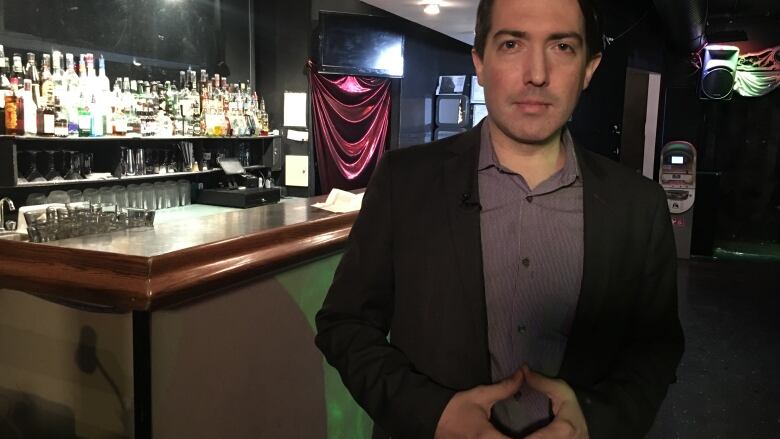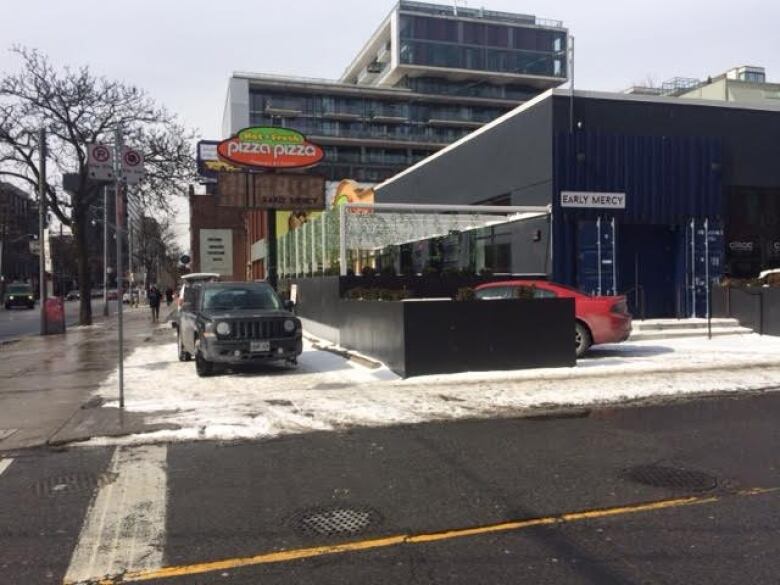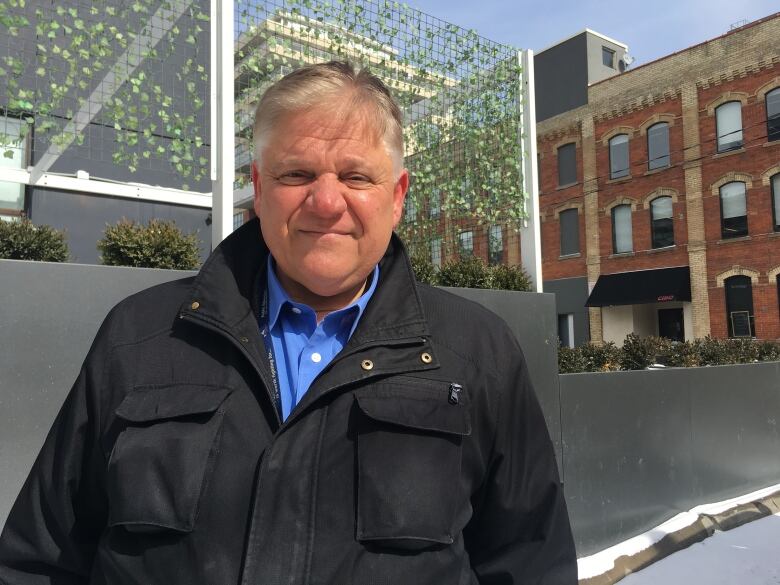City looking to crack down on nightclubs masquerading as restaurants
158 charges laid against bogus eateries since beginning of 2015

Wannabe nightclub owners have come up with a new way to side-step the city's strict licensing regulations, CBC Toronto has learned, and it's led to scores of night-spots operating outside the law.
Coun. Jim Karygiannis, who represents Ward 39, Scarborough-Agincourt, saysentrepreneurs are applying to the city forrestaurant licenses, which are relatively easy to get. But late at night, they're morphing into full-blown nightclubs, with large dance floors and thumping music.
- City's bars need later closing time, music industry tells councillors
- Live music venues to call for relaxed noise restrictions
- Residents fear a 15,000-person nightclub could appear on the old Docks site
"At 11o'clock, out go the tables, in comes the crowd," Karygiannis said Wednesday. "This is something I've asked [the city's municipal licensing and standards department] to look into."
Karygiannis co-chairs the city's municipal licensing and standards committee. His motion, asking city inspectors to report on what's being done to crack down on the problem, passed at last week's committee meeting.
Nightclub owner Spencer Sutherland, who also sits on the city's music advisory council, acknowledgesthat the practice exists.

"Absolutely, Lots of places do that," he said. "At least 100. I could name 50 off the top of my head."
But he said the city is at least partially responsible for the proliferation of improperly licensed night-spots because it's presented so many obstacles to owners who want to go through the proper channels to get an entertainment license.
He said they must first locate in a properly zoned part of he city, then present detailed security, noise and crowdcontrol plans.
Because it's become so difficult to get the proper licence in a properly zoned part of the city, many business have simply given up trying to follow the letter of the law, Sutherland said.

"They're all over the city," he said. "Any up-and-coming area has that type of activity and the city needs to provision for that problem."
He says the licensing system needs to be streamlined something that Tracey Cook, executive director of the city's licensing and standards department, said is already happening.
"We are looking very, very hard at the administrative burden, at the regulatory burden that we've placed on restaurateurs in particular," she said Wednesday.
Licensing review underway
Cook expects the licensing review to be compete by the end of this year.
In the meantime, she said the city is investigating venues that are operating as nightclubs without the proper paperwork. The city can fine those establishments, or apply to have their businesslicences removed, she said.
In an email to CBC Toronto on Wednesday, MLS spokesperson Tammy Robbinson said there are only 40 properly licensed nightclubs in the city.
$40,000 in fines
Since 2015, the Municipal Licensing and Standards Department has laid 158 charges against establishments using a restaurant license to operate a nightclub, the email states. Those charges have resulted in a total of $39,750 in fines.
Karygiannis said Wednesday he wants to see a crackdown not because he's trying to discourage business, but because he's concerned about noise in neighbourhoods that aren't zoned for entertainment hotspots.
He said he's also concerned about the the security of the patrons at improperly licensed nightclubs, which he said often advertise capacities that are far larger than their floorspace warrants.
"My personal greatest concern is the capacity and the safety of the patrons," he said.












_(720p).jpg)


 OFFICIAL HD MUSIC VIDEO.jpg)
.jpg)



























































































